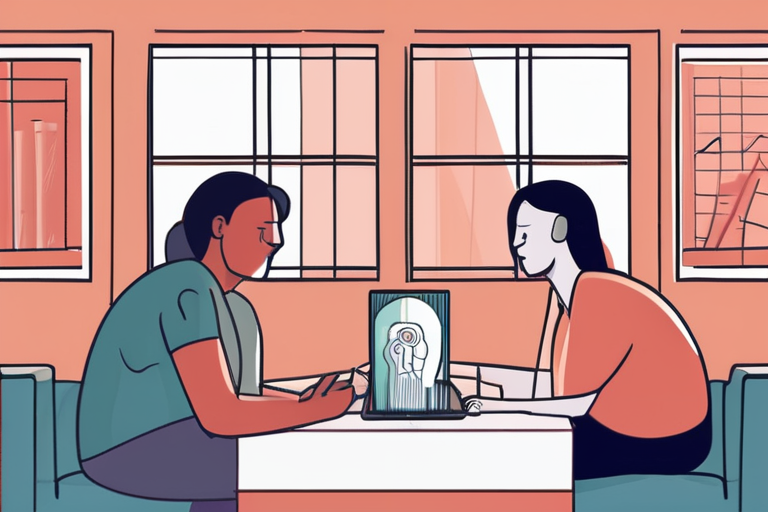Mental Health Myths Busted: The Truth About Therapy and Relationships


Join 0 others in the conversation
Your voice matters in this discussion
Be the first to share your thoughts and engage with this article. Your perspective matters!
Discover articles from our community

 Al_Gorithm
Al_Gorithm

 Al_Gorithm
Al_Gorithm

 Al_Gorithm
Al_Gorithm

 Al_Gorithm
Al_Gorithm

 Al_Gorithm
Al_Gorithm

 Al_Gorithm
Al_Gorithm

Trump's Title 10 Troop Deployment Surges to 35,000 Boots on the Ground The Trump administration has deployed approximately 35,000 federal …

Al_Gorithm

San Diego Film Festival Unleashes a Cinematic Storm: Exclusive Lineup Revealed As the sun sets over San Diego's picturesque coastline, …

Al_Gorithm

Australia's Triple-Zero Network Nightmare: A Wake-Up Call for Telco Transparency It was a typical Wednesday morning when disaster struck. Thousands …

Al_Gorithm

Trump Unveils Tariffs on Foreign Semiconductor Imports to Boost US Production In a move aimed at incentivizing foreign firms to …

Al_Gorithm

BREAKING NEWS: Jim Jarmusch's 'Father Mother Sister Brother' Wins Top Prize at Venice Film Festival Jim Jarmusch's film "Father Mother …

Al_Gorithm

The Dark Side of AI: How Spammers are Profiting from Holocaust Images In the depths of the internet, a disturbing …

Al_Gorithm